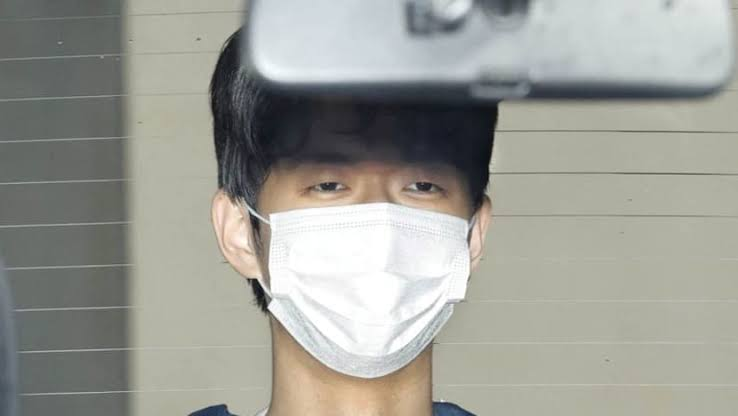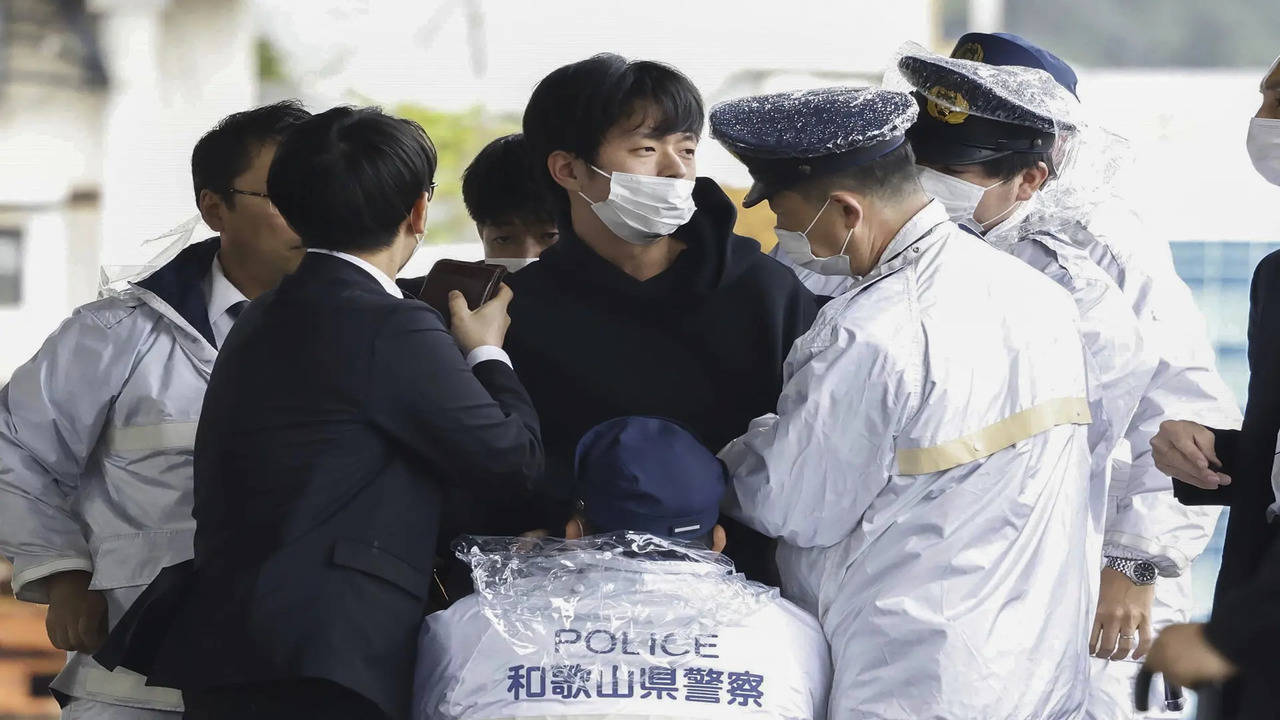The shocking attack on Japan’s former Prime Minister Fumio Kishida in 2023 has led to a decisive court ruling, with 25-year-old Ryuji Kimura being sentenced to 10 years in prison. The attempted assassination of Kishida occurred during an election event in Wakayama, where Kimura threw a homemade pipe bomb at the prime minister.
Though Kishida was unharmed, the explosion resulted in minor injuries to a police officer and a bystander. The attack sent shockwaves through Japan, a country where political violence is rare. Coming less than a year after the assassination of former Prime Minister Shinzo Abe, the incident raised serious concerns about the security of high-profile political figures in Japan.
The Attempted Assassination and Kimura’s Motive
On the day of the attack, Kishida was about to address a crowd when Kimura hurled a cylindrical explosive device in his direction. Swift action from security personnel allowed the prime minister to escape unscathed, but the device exploded, injuring two individuals nearby. Kimura was immediately subdued and taken into custody.
During police interrogation and court proceedings, Kimura claimed that his act was not intended to kill Kishida. Instead, he stated that his primary objective was to protest against Japan’s election regulations, which prevented him from pursuing a political career.
The minimum age requirement to run for the House of Representatives in Japan is 25, while for the House of Councillors, it is 30. At the time of the attack, Kimura had just reached the age threshold but had previously filed a lawsuit in 2022, arguing that these restrictions were unconstitutional. His lawsuit was dismissed, and he saw the attack as a means to draw attention to his cause.
Read : Woman Eats Japanese Curry Cooked by Husband 2 Years After His Death: Watch
Kimura’s defense team argued that his actions should not be considered attempted murder, as he did not intend to cause serious harm. Instead, they suggested a lighter sentence of three years, given the minimal injuries caused by the explosion.
Read : Geisha: Keepers of Tradition and Elegance
However, the prosecution maintained that the explosive device was capable of inflicting fatal injuries and that Kimura’s intent, whether to kill or not, posed a severe threat to public safety.
The Court’s Verdict and Its Implications
The court, presided over by Judge Keiko Fukushima, rejected Kimura’s defense and ruled that his actions constituted attempted murder.
In addition to this charge, he was also found guilty of violating explosives regulations and firearms control laws. The judge emphasized that targeting a sitting prime minister had far-reaching consequences, instilling fear and uncertainty in Japanese society.

Kimura’s 10-year sentence was five years less than what the prosecution had sought. Despite this, the ruling sent a strong message about the gravity of politically motivated violence in Japan. The case has reignited discussions about political security, legal boundaries on protest actions, and the need for more stringent protective measures for public officials.
Japan has long been known for its low crime rates and strict gun control laws. However, recent violent incidents targeting political figures have prompted debates about security lapses.
The assassination of Shinzo Abe in 2022 shocked the nation, as he was shot at close range with a homemade firearm during a public event. Many expected security protocols to be tightened after Abe’s murder, yet the attempt on Kishida’s life raised questions about whether those measures had been sufficient.
Political Security and Public Reaction
The attack on Kishida was a stark reminder of the vulnerabilities faced by political figures in Japan, despite the country’s reputation for being one of the safest in the world.
Public officials, including the prime minister, frequently make appearances in open settings to engage with citizens, a practice that has long been a hallmark of Japanese democracy. However, this accessibility has also made them potential targets for individuals with grievances.
Following Abe’s assassination, there were immediate calls for enhanced security measures at political gatherings. The attack on Kishida, which occurred less than a year later, reignited concerns about the effectiveness of these measures. Critics questioned why there was not a more robust security presence at the event in Wakayama, given the heightened threat landscape.

Public reaction to Kimura’s sentencing has been mixed. While many believe that a 10-year prison term is appropriate given the nature of his crime, others argue that his motivations—while misguided—were not entirely criminal in intent.
Some legal analysts have pointed out that Japan’s political system should allow for open discourse on electoral laws, without individuals resorting to violence to voice their grievances.
The case has also drawn comparisons to other politically motivated attacks in Japan’s history. While such incidents remain rare, they underscore the fact that political violence, even in a largely peaceful society, is still a significant concern. Moving forward, the Japanese government may need to reevaluate how it balances political accessibility with the safety of its leaders.
In the broader context, Kimura’s attack and sentencing highlight the tensions between democratic freedoms and security concerns. While freedom of speech and protest are fundamental rights, acts of violence, even when intended as demonstrations rather than outright attempts on a leader’s life, cannot be tolerated.
The case serves as a warning that political grievances should be addressed through legal and peaceful means rather than through acts that endanger public safety.

